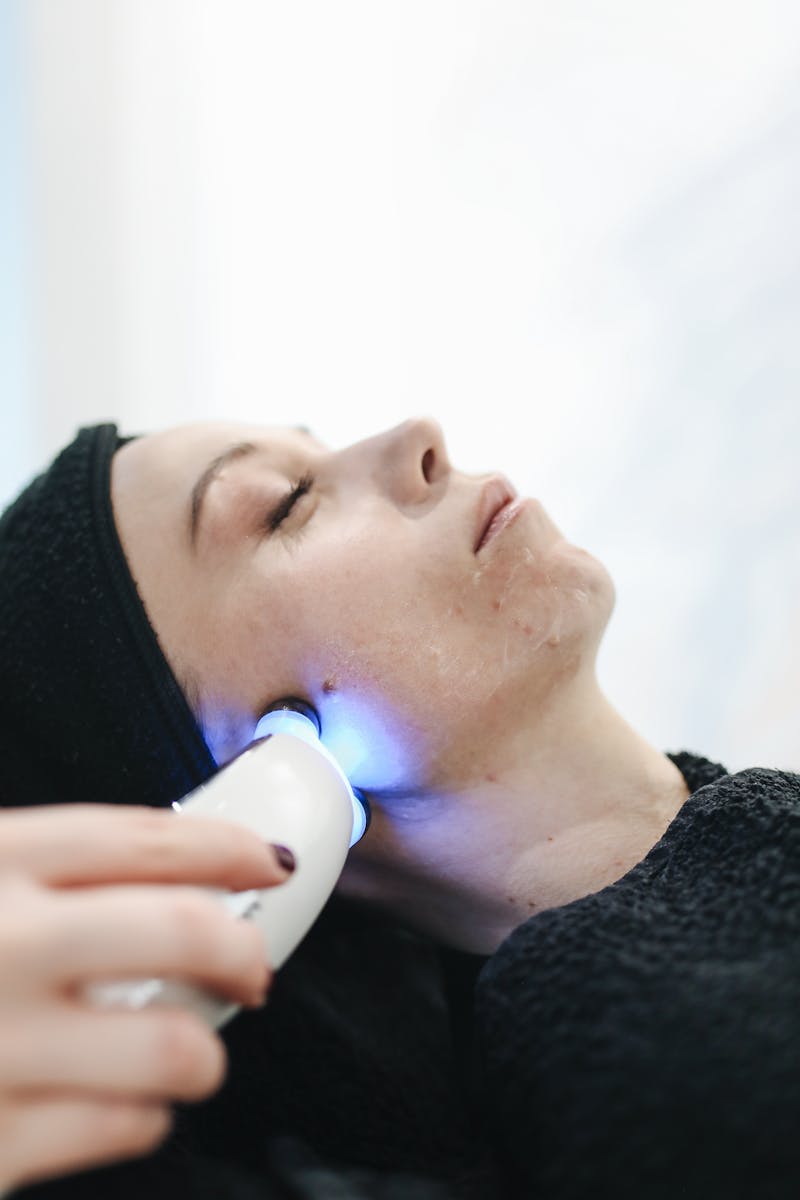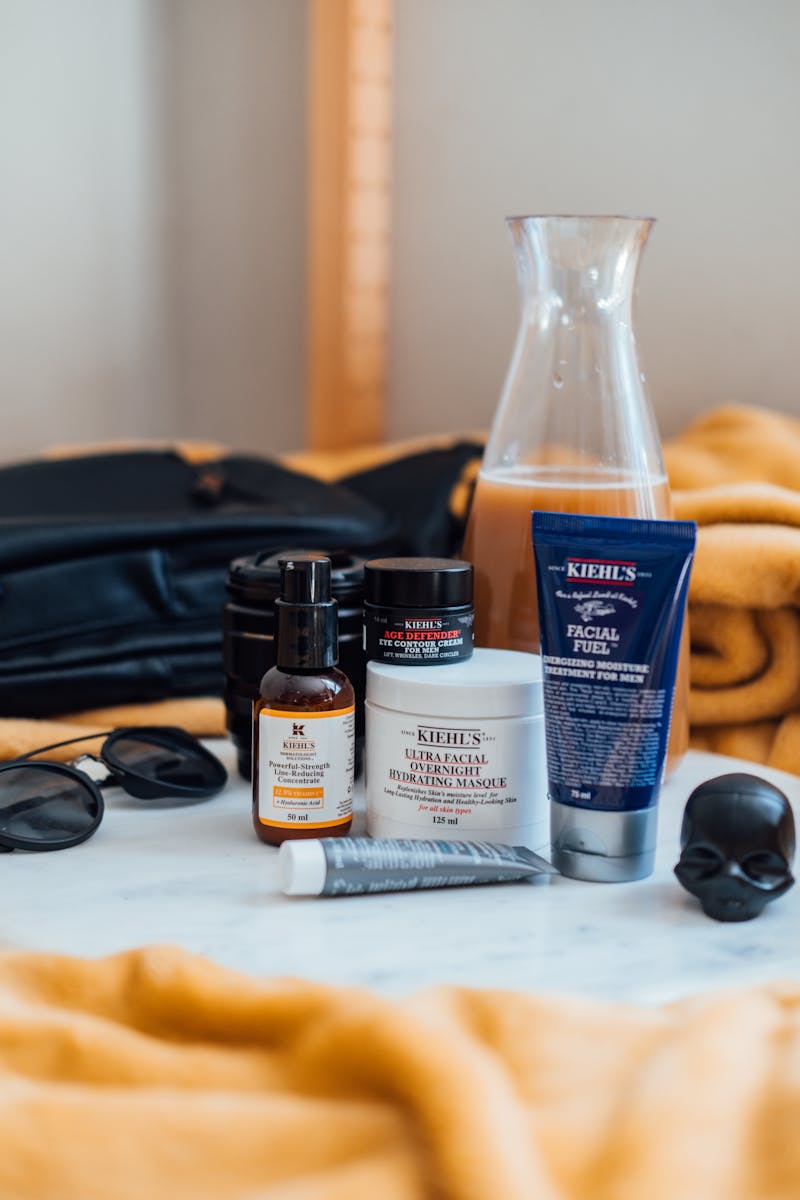Skincare Tips for Radiant, Glowing Skin
The Ultimate Guide to Skin Care
Cleansing

Cleansing is the first step in any good skin care routine. It's important to remove dirt, oil, and impurities that can clog pores and lead to breakouts. Use a gentle cleanser suitable for your skin type. Avoid harsh soaps that can strip your skin of its natural oils. Regular cleansing helps keep your skin looking fresh and radiant.
Exfoliating

Exfoliation helps to remove dead skin cells, revealing brighter and smoother skin. It can also help with better absorption of skin care products. Use a gentle exfoliator once or twice a week, depending on your skin's sensitivity. Over-exfoliating can cause irritation, so be cautious. Regular exfoliation can prevent clogged pores and promote a more even skin tone.
Moisturizing

Moisturizing is key to maintaining healthy and hydrated skin. Choose a moisturizer that suits your skin type – whether it's oily, dry, combination, or sensitive. Moisturizers help to lock in moisture and create a protective barrier on your skin. Keeping your skin moisturized can prevent dryness and flakiness, leaving it soft and supple.
Sun Protection

Protecting your skin from the sun is crucial to prevent premature aging and skin cancer. Use a broad-spectrum sunscreen with an SPF of at least 30, even on cloudy days. Reapply every two hours if you're outdoors for extended periods. Sunscreen can help prevent sunburn, reduce the risk of skin cancer, and avoid sun damage that leads to wrinkles and dark spots.
Hydration

Staying hydrated is essential for overall skin health. Drink plenty of water throughout the day to keep your skin looking plump and radiant. Hydrated skin is more resilient and less prone to dryness and irritation. Proper hydration supports skin elasticity and can help minimize the appearance of fine lines and wrinkles.
Healthy Diet

Your diet plays a significant role in your skin's appearance. Eat a balanced diet rich in fruits, vegetables, lean proteins, and healthy fats. Foods high in antioxidants, vitamins, and minerals can help improve skin health and combat signs of aging. A healthy diet supports the body's natural detoxification process and can result in clearer, more vibrant skin.
Consistent Routine

Consistency is key to seeing results from your skin care routine. Stick to a daily regimen and be patient. Skin care products can take time to show effects, so don't get discouraged if you don't see immediate improvements. A consistent routine helps to maintain the skin's balance and addresses specific skin concerns over time.
Get Enough Sleep

Sleep is crucial for skin regeneration and repair. Aim for 7-9 hours of sleep per night to allow your skin to recover and rejuvenate. Lack of sleep can lead to dark circles, puffiness, and a dull complexion. Adequate rest supports healthy skin cell turnover and helps maintain a youthful appearance.
Manage Stress

Stress can negatively impact your skin. Practice stress management techniques like meditation, yoga, or deep breathing exercises. Reducing stress can help prevent breakouts and improve your skin's overall appearance. Stress management supports overall well-being and can enhance the efficacy of your skin care routine.
Regular Exercise

Exercise improves circulation and promotes healthy skin. Regular physical activity helps deliver oxygen and nutrients to your skin, keeping it healthy and vibrant. Exercise also helps reduce stress and can contribute to a clearer complexion. Incorporate a mix of cardio and strength training exercises into your routine for optimal skin health.
Avoid Smoking and Limit Alcohol

Smoking and excessive alcohol consumption can damage your skin. Smoking reduces blood flow to the skin, leading to a dull and sallow complexion. It also breaks down collagen and elastin, contributing to premature aging. Alcohol can dehydrate the skin and cause inflammation. Limiting these habits can improve your skin's appearance and overall health.
Consult a Dermatologist

For personalized advice and treatment, consult a dermatologist. A dermatologist can help address specific skin concerns and recommend products or treatments tailored to your skin type and condition. Regular check-ups with a dermatologist can help you maintain healthy skin and prevent potential issues from becoming serious problems.




